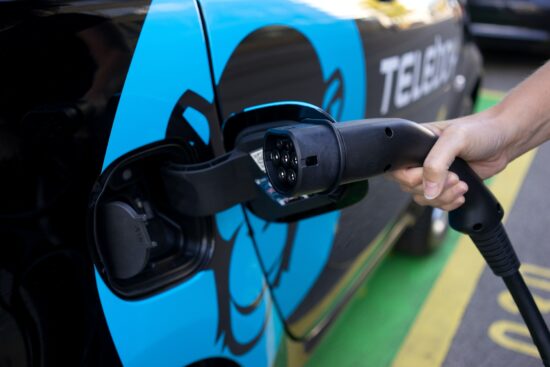With each year that passes, innovative tech discoveries are unveiled so that we can have technology with minimal or no adverse effect on human lives and the environment.
Therefore, the race to create diesel engines that run on hydrogen because hydrogen engines emit zero-carbon, which constitutes largely to the greenhouse gas and global warming.
So far, tech innovations have covered a wide scope ranging from advanced technical machinery used in industries which run on diesel and petrol.
According to Comcar, a US car tax company, a diesel engine produces 2.64kg of carbon dioxide (CO2) for every litre consumed, escalating to 37.12 billion metric tons of CO2 emission in 2021. Replacing conventional engines with combustible hydrogen engines could just be part of the time-changing technology that would return the earth to its natural state.
The era of hydrogen engines is soon precipitating as engineers at the University of New South Wales (UNSW) explain their designed diesel-hydrogen engine.
According to the team at the School of Mechanical and Manufacturing Engineering, the dual-component combustible engine works with a “mix of hydrogen and a small amount of diesel”. The technology predicts an 85% reduction in CO2 emission compared with the same use of regular diesel engines. The diesel-hydrogen engine works with 90% hydrogen as fuel.
How does a dual-component engine work? “We mount the hydrogen direct injection system into existing diesel engines, which can be applied to any conventional engine”, Professor Shawn Kook, the lead researcher, simplified.
However, the diesel-hydrogen combustion engine would reasonably need to undergo more research to guarantee its safety because if the diesel-hydrogen mix is not done rightly, it can create explosives that will burn out the whole system.
On the other hand, hydrogen engines have been criticised because they can generate nitrogen oxides which are obnoxious to health, and hydrogen combustion can compete with oxygen concentration in the environment. But with quality designs, hydrogen engines would have a good control of the hydrogen-air mixture so that the production of zero-nitrogen oxide emission will be feasible.
According to the research team, diesel machinery and facilities which are used in every sector could be retrofitted into the new engine system in just a few months. In addition, one of the intriguing features of the hybrid engine is that it is prospected to burn hydrogen-diesel mix and also burn only diesel when hydrogen fuel is unavailable.
Since the price of hydrogen fuel and diesel is relative, which is economically feasible for you – a pure diesel engine or a dual-component engine?
Join the conversation; follow us on Facebook, Instagram, and Twitter at GoSpeedHub.
Photo By Tommy Krombacher










This is nice
This is nice